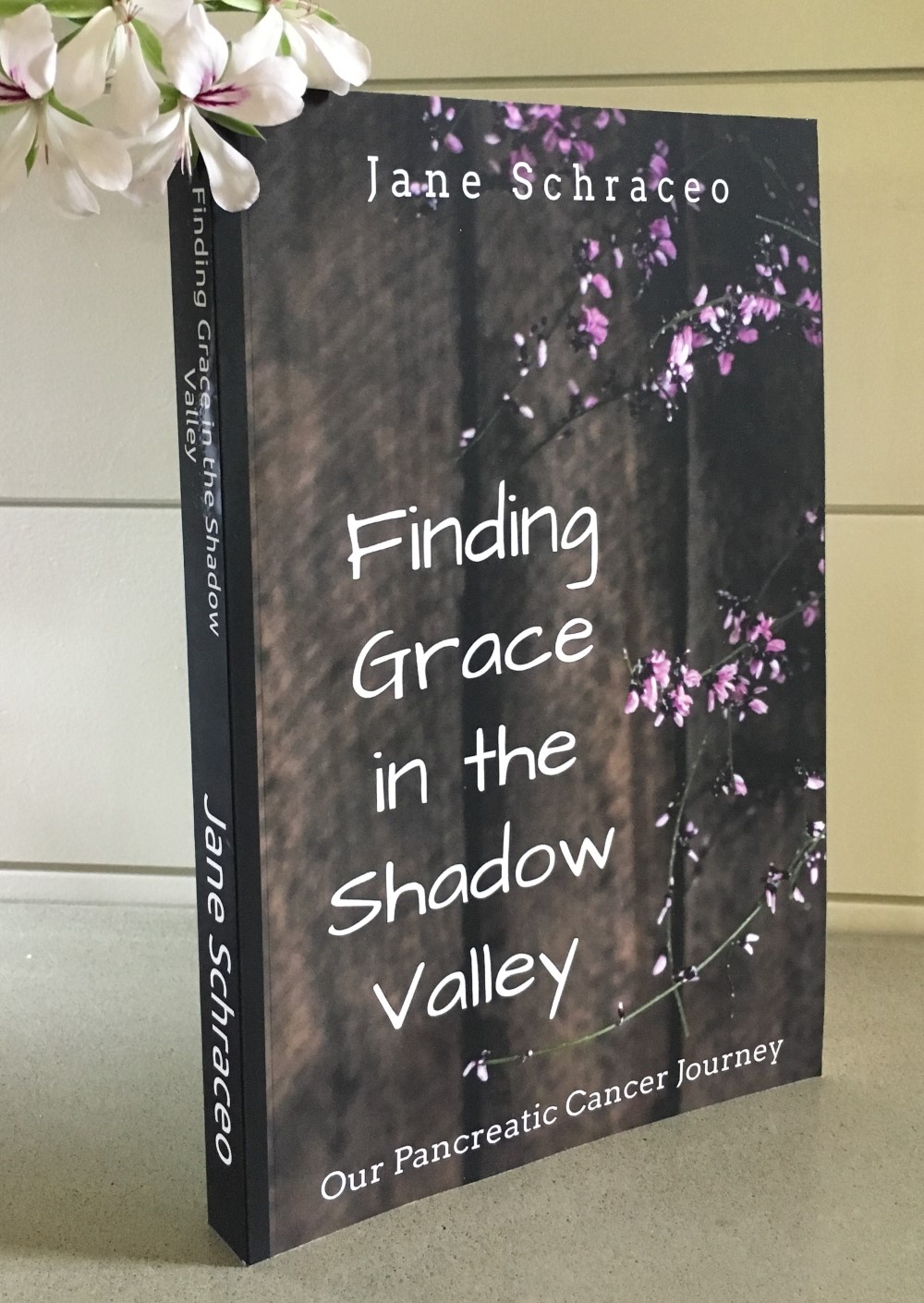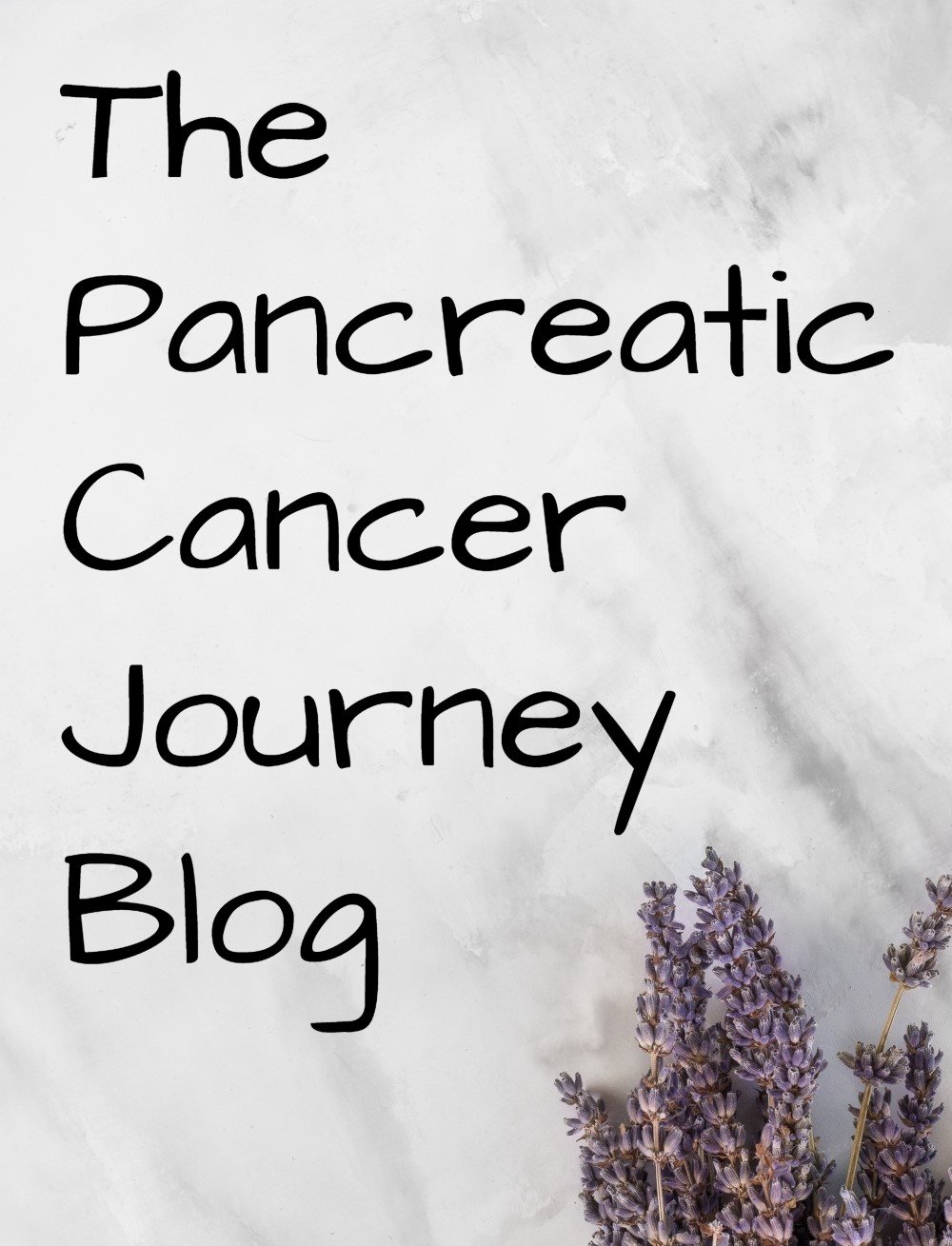The Weight of Anticipatory Grief
After the shock of the initial pancreatic cancer diagnosis, that emotional gut punch moment, we thought the worst was over. We had yet to experience the anticipatory grief of living with a terminal diagnosis.
The Emotions of Grief; pain, anger, fear, sadness and deep sorrow swamped all of us at varying times in varying degrees. We were often confused and overwhelmed by the depths of the emotion. Here we were trying to help mom get on with treatment, with eating, with Christmas planning, with day to day living, with life in general to the best of our ability, and then the grief would slam into us. We've now learned there is a name to what we were experiencing: Anticipatory Grief.
Is the treatment working? Are the tumor markers coming down? Is this mom's last Christmas? Is the pain worse? How many pounds has she lost this week? Each question that slipped through our minds was like a nail in her coffin. And it was hard. That anticipating. Trying to prepare for the grief we knew was coming.
The doctors were compassionate, and spoke in hopeful fragments of weeks or maybe months, but it didn't take us long to realize that her pancreatic cancer journey was terminal. Pancreatic cancer would be the cause of her death. We just didn't know exactly how long we had. 1 month, 2? A year? And that's the crux of anticipatory grief. We knew the grief was coming, but just hadn't arrived yet.
So, we had to make a decision. What to make of the time we had left with mom. And for mom, even harder, how to live out the rest of her life, concentrating on actually living instead of on the dying.
It was a huge attitude adjustment. And we weren't always successful. Along the way we've learned a few things about anticipatory grief:
A good description comes from Edward Myers, in his book, When Parents Die. "A sudden death hits you like an explosion," Myers explains, "and sends you into shock, whereas a slow decline arrives more like a glacier, massive and unstoppable, grinding you down."
Very true. Anticipatory grief does feel heavy, and it is unstoppable, dragging you down. But that quote from Myers made us stop and think. The alternative to a slow death is a quick death. What if mom had died suddenly in a car accident? Or had a massive, fatal heart attack? We would have missed these past months of closeness. The time to say the things we wouldn't have had time to say, to give the hugs, to share in one more meal, one more picture, one more smile. We have had the time to say good-bye. There will be no regrets on that frontier.
We've also had to learn to give ourselves the permission to cry, to feel sad. While I know that it doesn't solve any of our problems, I always feel somewhat better physically after a good cry, and I've learned not to feel so guilty. And along with that, we've each learned to find the people we can lean on. Not everyone can handle your grief. And that's ok. But find someone, a friend, spouse, counselor that lets you grieve. Then allow yourself 10 minutes, or, okay, 1 hour, to cry, to let the grief swamp you. When time is up, move on to the living. Don't give death more power to eat up the time you have to live. As Randy Pausch has said, "time is all you have, and you may find one day that you have less than you think."
For mom, the struggle to cope with impending death has been both easier and harder. She said that facing your own mortality makes you take stock of your life. In that regard, she feels blessed to have lived a full, long life. Of course, at 70 she feels that it could be longer, just saying... But she's content with the life she's led. Her family that she adores, her career in nursing that she has loved, the traveling she and my dad have done since they retired - all these things add up to a life well-lived. And she concentrates on that.
The harder part is dealing with the effects that pancreatic cancer has had on her body. Anticipating what death will feel like to her is probably an agonizing mental emotion. And these gloomy thoughts seem to crop up more often when the treatments have left her exhausted and wrung out. At these times, she works on getting through one day at a time and tries not to borrow trouble from the future.
And that is the legacy of anticipatory grief. Borrowing trouble from the future. We all do so much better when we can live in the moment. Pope Paul VI said it best:
"Somebody should tell us, right at the start of our lives, that we are dying. Then we might live life to the limit, every minute of every day. Do it! I say. Whatever you want to do, do it now! There are only so many tomorrows.” ~ Pope Paul VI
Return to Coping with Cancer from Anticipatory Grief
Return to Home Page
Copyright © PancreaticCancerJourney.com
Nothing on this website should be construed
to constitute medical advice.




